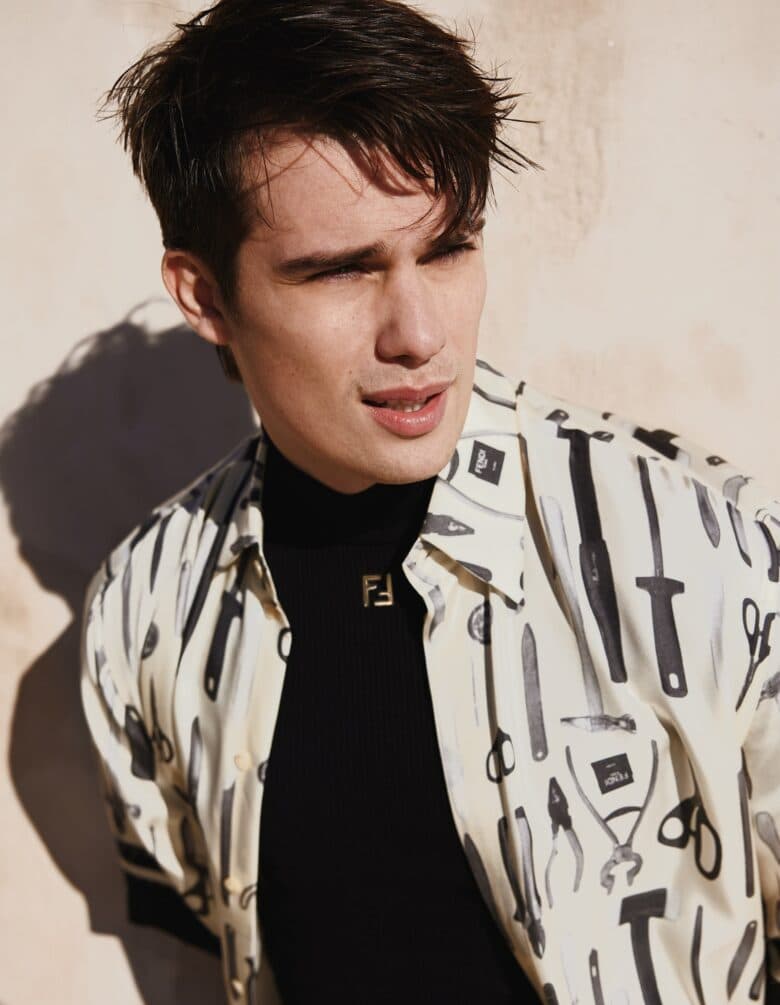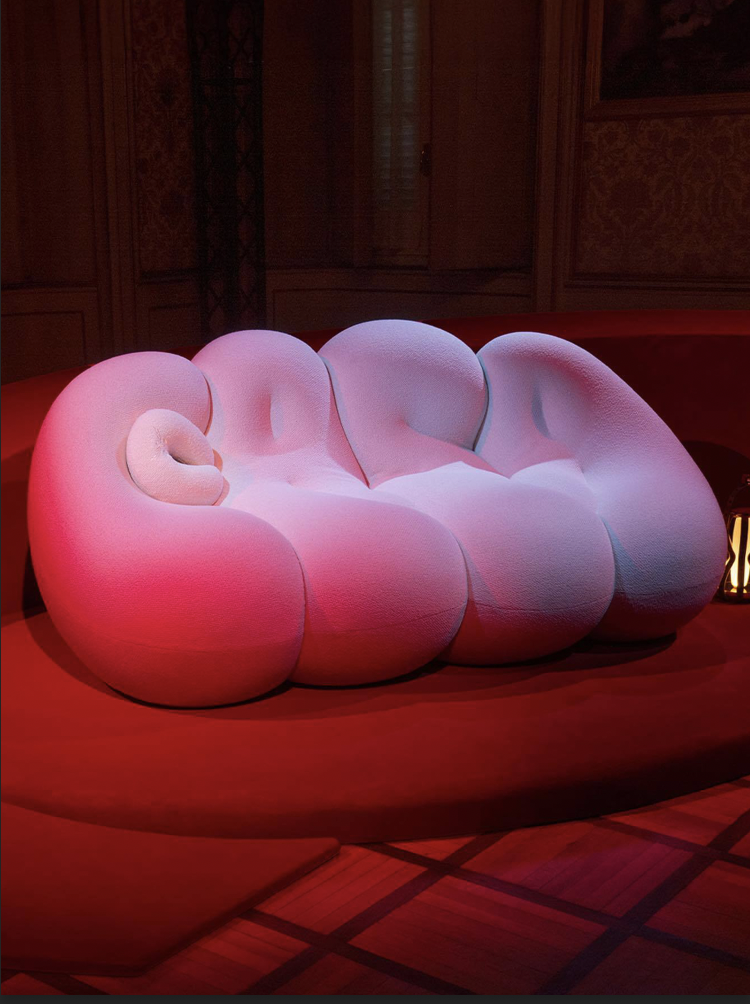Nemahsis on turning down the chance to be a singer and finding confidence through the hijab
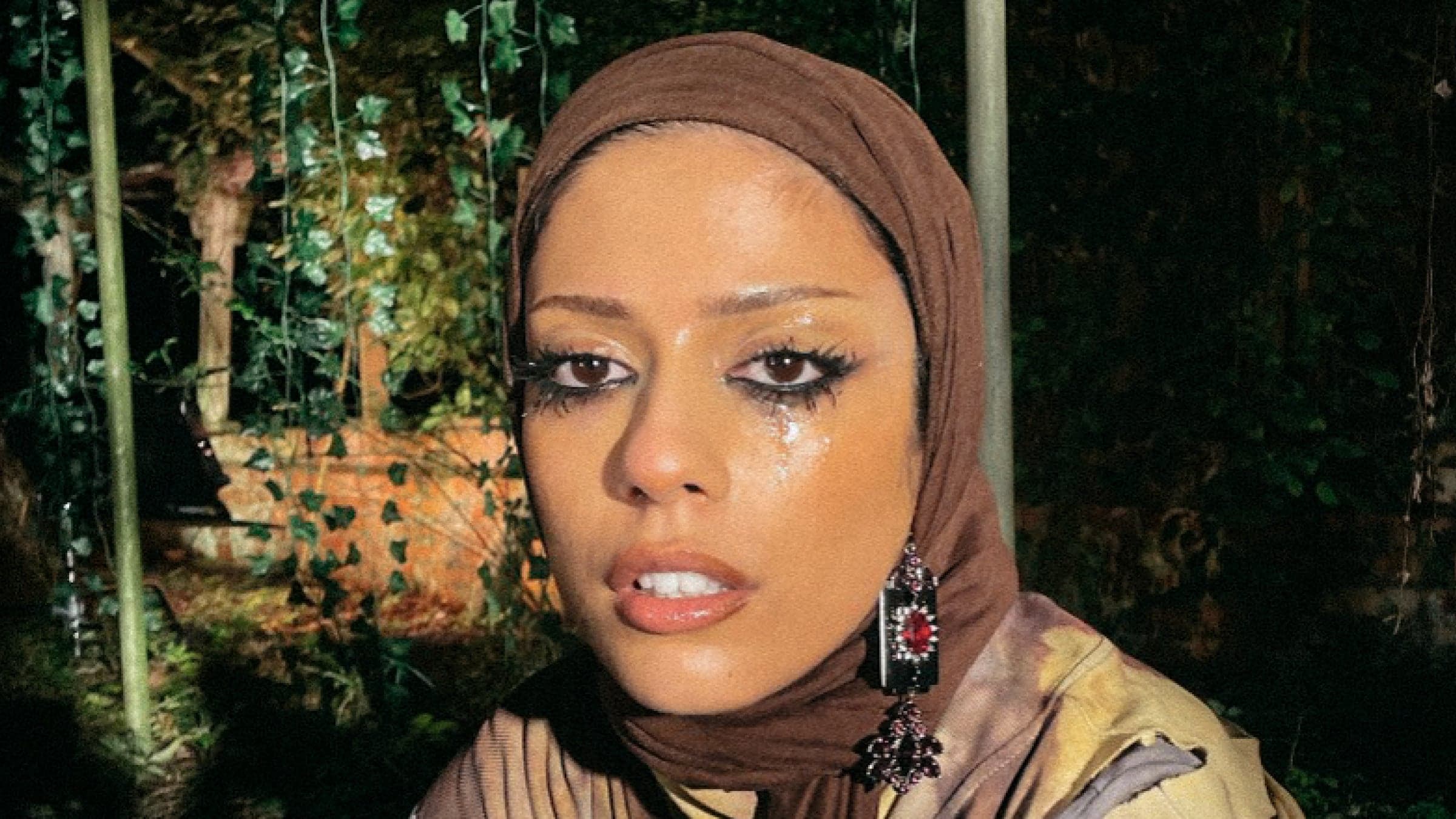
When Nemahsis jumps on a call from Toronto, the weather is our first topic of conversation, naturally. But as a first, my very British ability to discuss low temperatures and perpetual rain was stumped quite quickly after the 27-year-old artist describes what life’s like currently in the -20 degree Canadian city.
“It’s always spring in London for me,” Nemahsis says, smiling. And her face is one that’s instantly recognisable; from Instagram, from TikTok, from the suggested lists on Spotify, Nemahsis has been striding towards the spotlight for some time, in a way that both feels lightening fast, but totally organic.
On TikTok, Nemahsis, whose real name is Nemah Hasan, stretches her content beyond the usual efforts of blossoming musicians. It’s not just about trying to plug a new tune, it’s also about confronting serious issues in a nonchalant yet polemical way. In one video, Nemahsis mouths the words to her song ‘I’m not gonna kill you’ in response to a comment on one of her posts that reads: “She’s a terrorist”. The same song is used on another video captioned: “when the man beside me demands the flight attendant to switch his seat because he doesn’t feel safe next to me, a 5’3 hijabi woman”.
Already, Nemahsis’ music is more than just melody. “I hope that I can be a voice for anybody who thinks that their voice hasn’t been spoken yet,” she explains. “Even just the words on ‘What if I took it off for you’ It’s very taboo to talk about your insecurities about hijab. Most people would take it off and go hide, and it’s not a proud thing or anything like that, but I think airing it out and making it a safe space so it’s not as taboo anymore, I think it will help empower a lot of women.”
For an artist whose tracks are bursting with things that she wants to say, you might find it surprising to hear then that Nemahsis turned down chance after chance to break into music. She was even handed a business card by a manager who heard her singing at the gas station she worked at. But she chucked it out. For Nemahsis, the chance of becoming a musician was like a child growing up wanting to be a princess — it wasn’t going to happen. It could only ever be a dream because the figures to aspire to and follow in their footsteps weren’t there.
After finding her confidence as a kid, her childhood rooted in unreachable dreams started to become reality. And her new EP, eleven achers, continues to affirm the singer as everything that she wanted to be. The six song project follows Nemahsis’ path of creating music that resonates on various levels. Ostensibly, a song like I’m not gonna kill you is a mellifluous track with a catchy chorus, but beneath that, it’s responding to issues that need addressing, even on TikTok.
And if that isn’t enough to prove that Nemahsis is the next package to be delivered onto the doorstep of major success, then I’d also say that it wasn’t a coincidence that, just after our call, my partner sent me one of her TikTok videos saying “her voice is unbelievable”, without any idea of the chat that we’d had. And that secures the feeling of knowing it’s all going to happen for Nemahsis, it’s just a question of when.
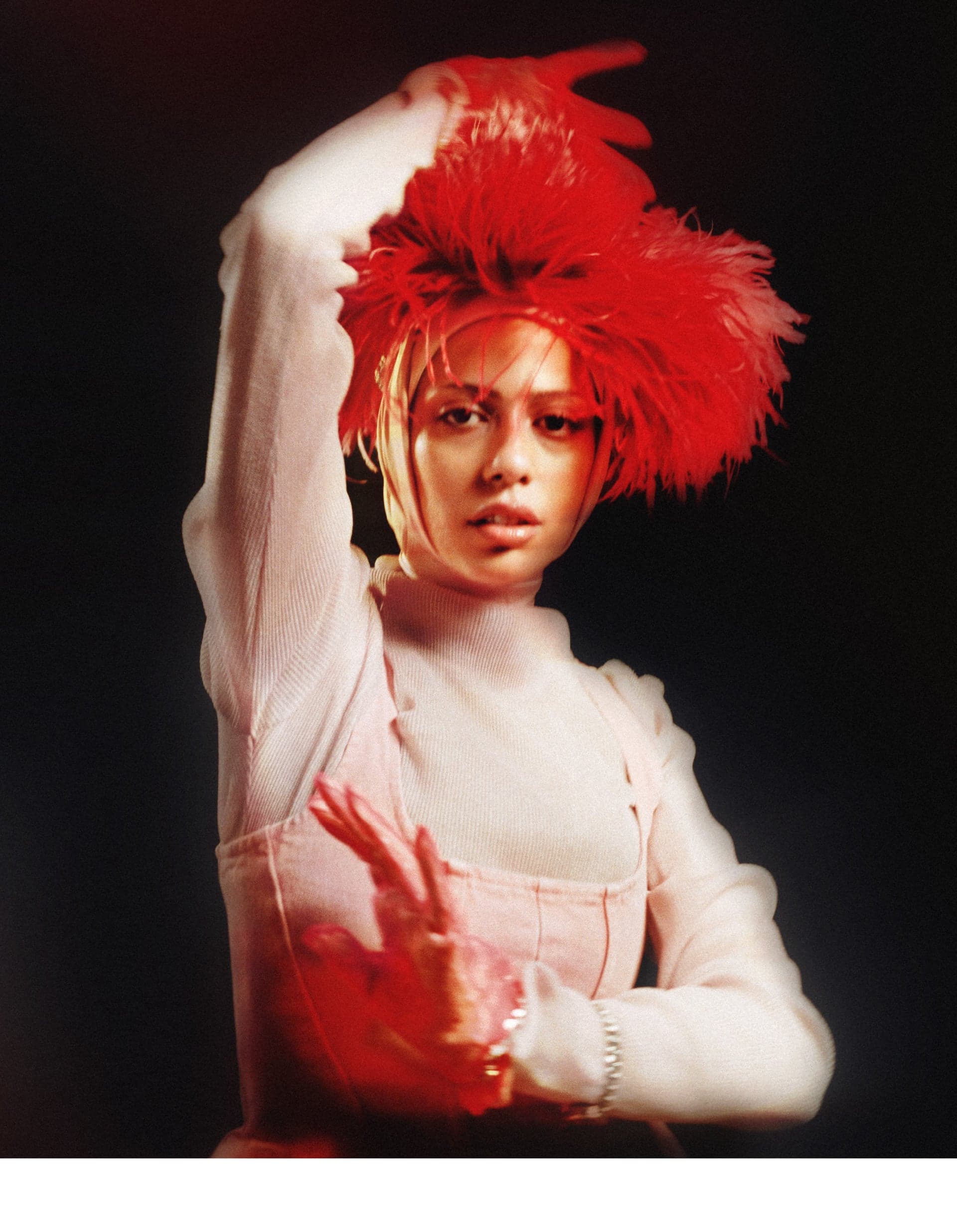
Looking back, why did you first want to become a musician?
I was fighting off becoming a musician for nearly a decade. Everyone was saying I should do it. People would approach me when they heard me sing. I used to work in a gas station right out of high school to save up for college, and I was singing and this guy came up to me and said, ‘I manage artists. Here’s my card. Call me’. I just threw it out. I used to always do that. So many opportunities had presented themselves for me to basically have the opportunity that everyone wanted, and I always said no. It turns out I wasn’t ready for it until my mid-20s. Now I want it. But then it was falling into place and I didn’t really fight for it.
Why did you say no to it all originally?
I’d look on TV, and at things like Camp Rock, for instance, that I would watch. Or High School Musical, and nobody on there would look like me. When I would see these opportunities present themselves, I thought it was a trap, too good to be true — why would someone like me get approached when I’m not necessarily the beauty standard? I guess I felt like there was always a catch. I used to always convince myself that it wasn’t true.
So what were your aspirations at the time?
I didn’t think the rules applied to me. My mum said, ‘oh, I always knew you’d become an artist’… I didn’t. The way that girls my age would dream about being a princess was the same way that I would dream about becoming an artist, it was unattainable. There are cartoons as how these girls are real humans. I would see myself as a real human and those were this fantasy, cartoon-version of me.
So who was inspiring you to think that you could do it?
I had a few teachers that definitely pushed me. When I went to college, it was one of the last two classes at the very end. I was at the top of my class studying business and I loved it, and I was always the girl who would sit in the very front. I was very quiet, my teachers didn’t know much about me. I remember it was the last day with this specific teacher who really liked me, and she says, ‘we have a surprise for everybody’. She switched on the monitor, and it turned out that she had googled me and found one of my singing videos. She played it for the class and said that she didn’t know that I could do this. She pulled me aside after and said that she thought I was in the wrong career.
What about musically, who was inspiring for you growing up?
My mum always pushed me. I was very quiet growing up. I had social issues and a lot of people didn’t want to be my friend because they thought I was “stinky” and all of these things, because I grew up in a predominantly white neighbourhood. My mum had noticed that I had confidence when I was performing for people. When she had friends over, I would always hide in my room. But when she’d ask me to come out and sing for them, I would grab that mic and sing. Suddenly, I’m the most confident person ever. My mum noticed that the only way that she could get me to socialise was when I was performing for people.
Why do you think you had those two versions of yourself?
I think it was a different persona. That’s something that people always say: the way that I sound when I speak is so different to the way that I sing. I think that I got to channel someone entirely different. It was like a stage name that I hadn’t really thought of yet. My name is Nemah but I had created Nemahsis when I heard Nicki Minaj say “nemesis”, so I created an online personality as ‘Nemahsis’.
When did you first start writing music?
I didn’t even attempt to because I thought ‘what was the point, why waste my time and energy?’ If I didn’t believe that someone like me could potentially be in music, there was no point in me pulling out a pen and paper. I’m the type of person to work smart, not hard. I didn’t start writing but I was always a storyteller. I would always observe a lot; the room, how people were being treated, over analyse the way that people spoke to me, their tone, their energy, and I would go and start telling those stories to people. When I started songwriting, I realised that it was just storytelling. Before that, I was perfecting the method of good storytelling, and when I had written What if I took it off for you?, it came pretty naturally to me.
So, does that mean that everything you write is personal and only from experience?
I think it all initially channels from an experience or the way that I felt in a situation. Obviously, I think that’s where you channel, not fabrication, but a little bit of fantasy. But the underlying storytelling is 75% fully true, exactly how it went. And then I’ll sprinkle a little poetry or fantasy in there to have that escapism whilst listening to my music, so it’s not so heavy.
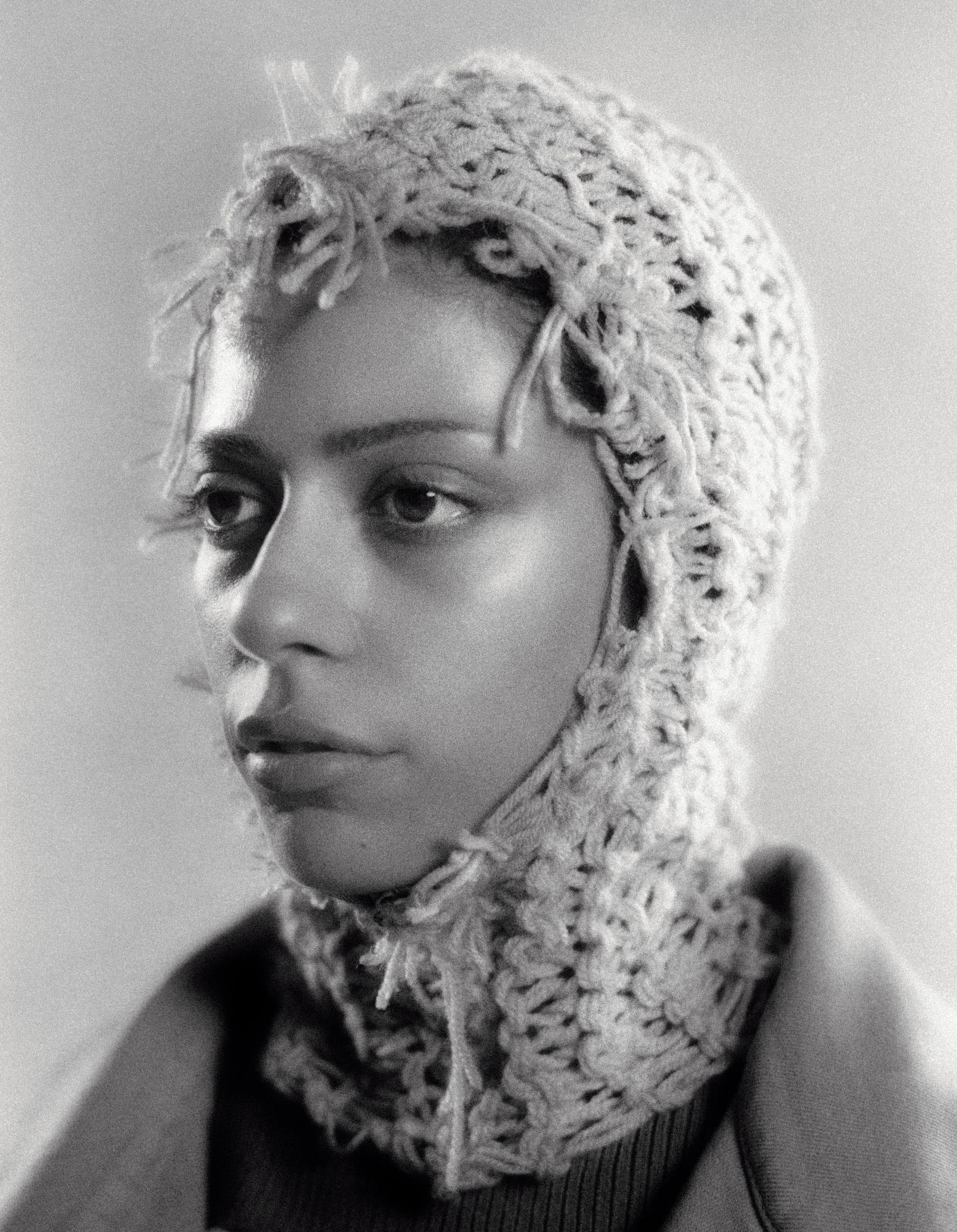
What kind of power do you think TikTok has now beyond being able to turn up-and-coming artists into megastars?
I think it really shows people that personality matters. You see a lot of people come from Instagram and try to do it, but think that someone was going to be different. Just like how pictures paint a thousand words, I think people were picking those words based on the person that they thought they would be. On TikTok, it’s so easy to win someone over, but it’s also so easy to lose an audience.
You’ve said that you “can’t sing easygoing songs without airing the obvious” — in light of that, how would you describe your songwriting process?
I usually have a bunch of notes where I’ve typed up my feelings. Sometimes it’s poetic, sometimes it’s rant-y. I’ll go into a session and sit with the producer to see where he’s going. I won’t look at the notes but I’ll channel a feeling. If I’m not feeling anything and it’s not immediate, I’ll ask to switch up the vibe. When I start feeling something, either I’ll immediately think of something I had in my notes that I had forgotten about, or I’ll think of a colour. When I’m talking about a situation, I’ll talk about the strongest feeling I have when I’m writing and the colour that it emulates. I’ll pick the colour or shade that goes well with what I felt when I heard it. Then I’ll try to think of melodies that go with it. But lyrics usually come first.
What part of that process do you think audiences resonate with the most?
The one thing that everybody loves is familiarity and home, that nostalgic feeling. The majority of people, when they comment on my stuff, they say there’s something so homely about your music, and it makes them feel warm even if they can’t connect to it or haven’t experienced it. That’s the feeling that really brings people back or draws them in, even if they’ve never heard of me. But it’s a warm colour, a warm feeling. Even if I’m talking about something as strong as “I’m not going to kill you”. Everybody at some point in their life, whether or not they’ve felt as I’ve felt, they felt as if they’ve been too aggressive with their tone or the way that they dressed was too bold for an occasion. I think it makes people feel heard, and it’s familiar to them.
How do you want people to digest your music?
I want them to take the words, experience it for themselves first and see if it connects with anything in their own life, and then look up what it means for me. That’s my favourite thing — I like to listen to an album or EP from start to finish and see how I feel. I would analyse it for at least a month before I look up anything, and I’ll take it in lyric for lyric, melody for melody, and think about the colours it made me feel, the way certain lyrics made me feel, and then I’ll look it up. Then I get to re-listen to the entire thing through the artist’s lens. So you get a double experience. I hope that they won’t look up too much about me and they’ll just listen to the songs themselves.
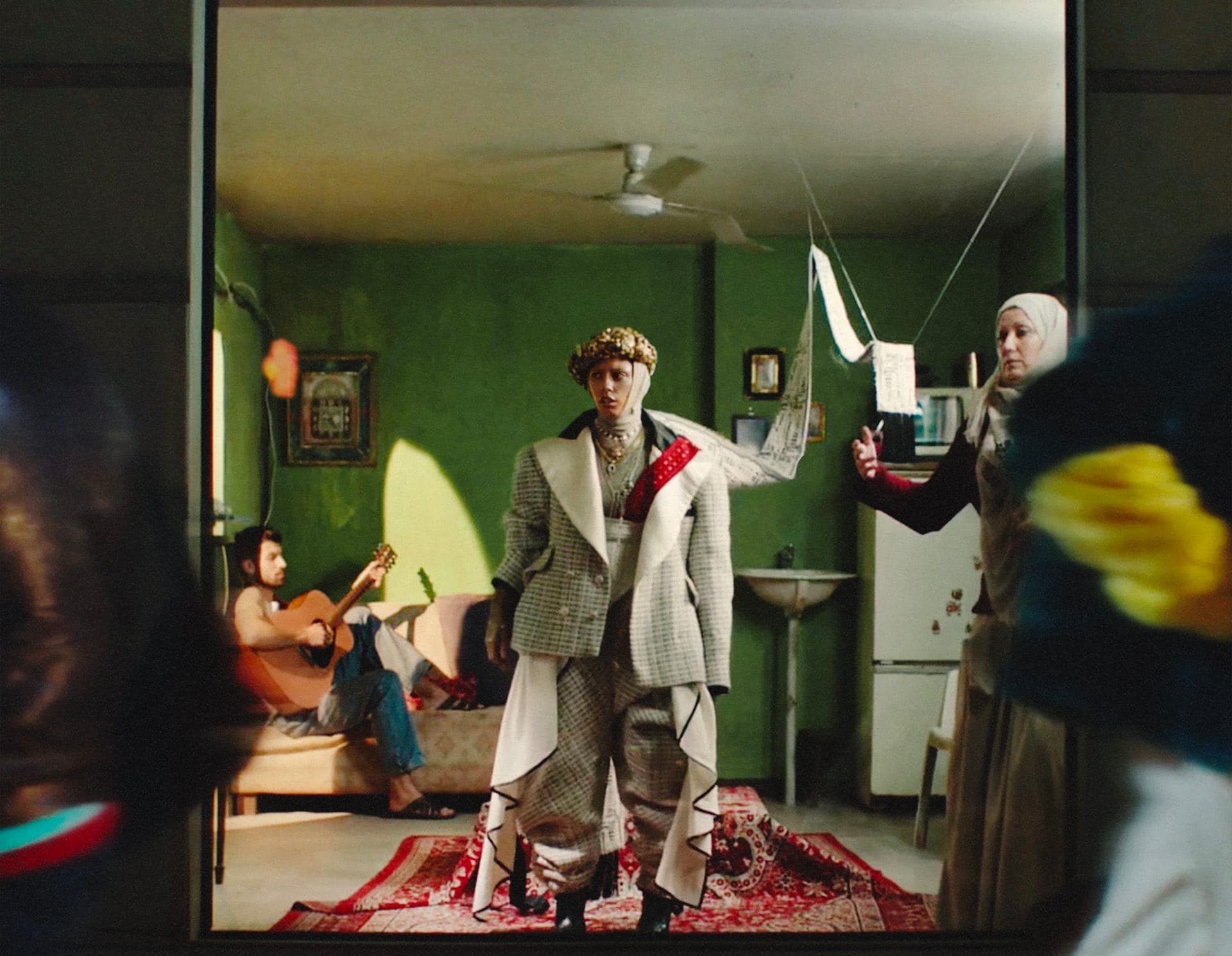
Is it through ‘airing the obvious’ that you hope to inspire young women? Or through the melody, feeling or meaning?
I do hope to inspire other women so they don’t take as long as I did to do what they want to do. When I came into this, we already had models on the runway that were wearing hijabs, now we have actors that are wearing hijabs, so why not another musician? So I do hope it will inspire women to come forward and realise that they can also be the fairy princess, you know what I mean? But I also hope that I can be a voice for anybody who thinks that their voice hasn’t been spoken yet. Even just the words on What if I took it off for you? It’s very taboo to talk about your insecurities about hijab. Most people would take it off and go hide, and it’s not a proud thing or anything like that, but I think airing it out and making it a safe space so it’s not as taboo anymore, I think it will help empower a lot of women.
There’s a lot of personal experiences that you put into your music, and then on the other side of that you have the social media side with a hefty following. Do you ever worry that you there’s parts of you that you want to hold back for yourself?
That was the hardest thing ever. After I released my first song, I was like, ‘what am I doing?’ I went back and said I didn’t want to release any of my EP. Ask my parents, I’m a very reserved person. I don’t like when people see me vulnerable or when I cry, they barely even see that. So, it was so easy to get stuck into channelling these emotions that needed to be said, and then on the other hand having to release it to the world and everyone will know how vulnerable you are… it was scary. I almost went back and said that we’re not doing it.
Has that change happened through making music and having a social media presence?
I think what happened was that in middle school I put on the hijab and I started wearing the headscarf. I hid it from my mum because I had so many issues in school, I couldn’t make any friends, I was super bullied and my grades weren’t great because I wouldn’t participate in class. And my mum said, ‘you’re literally the bottom-feeder. Why are you going to put on the hijab and give them another reason to not invite you to birthday parties?’ I said that I needed to do it. I put it on and came into school and hid it from my mum, and I thought that it was my chance at a new start and that I could be a whole different person. I became an entertainer – I used to be called ‘Robo-Girl’ because I used to dance. I would perform and turn on a show for everybody, night and day. The teacher reached out a couple of weeks in and said, ‘we have seen a tremendous increase in Nemah’s friends at school, in her grades, and we want to know what the change was. We think the hijab might have contributed to it’. My mum was like, ‘what do you mean?’ I came home and my mum was crying, and she said that she didn’t think that I understood it or that I was ready for it, but it turns out that it was the best decision for me. I got to hide a part of me and keep something for myself, and by holding that for me — my hair and my body — I could show other parts of me that I couldn’t before. That was the biggest change. And slowly, every year, I got even more confident and I became very stylish with my hijab because now that I was covering so much and not revealing parts of me for the world to see, I was able to shine through my clothing, my self expression, my voice, my dancing.
You did ask earlier about how it felt to put yourself out there… I told my manager that I don’t dance anymore, dancing is for me now. That’s something that I decided now that I’m putting my voice out there and my music, dancing is just for me. So anybody that got to see me dancing in high school and stuff, nobody is going to see it again, I think… we’ll see.
How come you want to keep dancing just for you?
Now I’m giving lyrics, it’s a push and pull. Everything is about balance for me. I think I’ll feel like a puppet, like a marionette if I give everything. So it’s about giving this now and keeping something for myself.
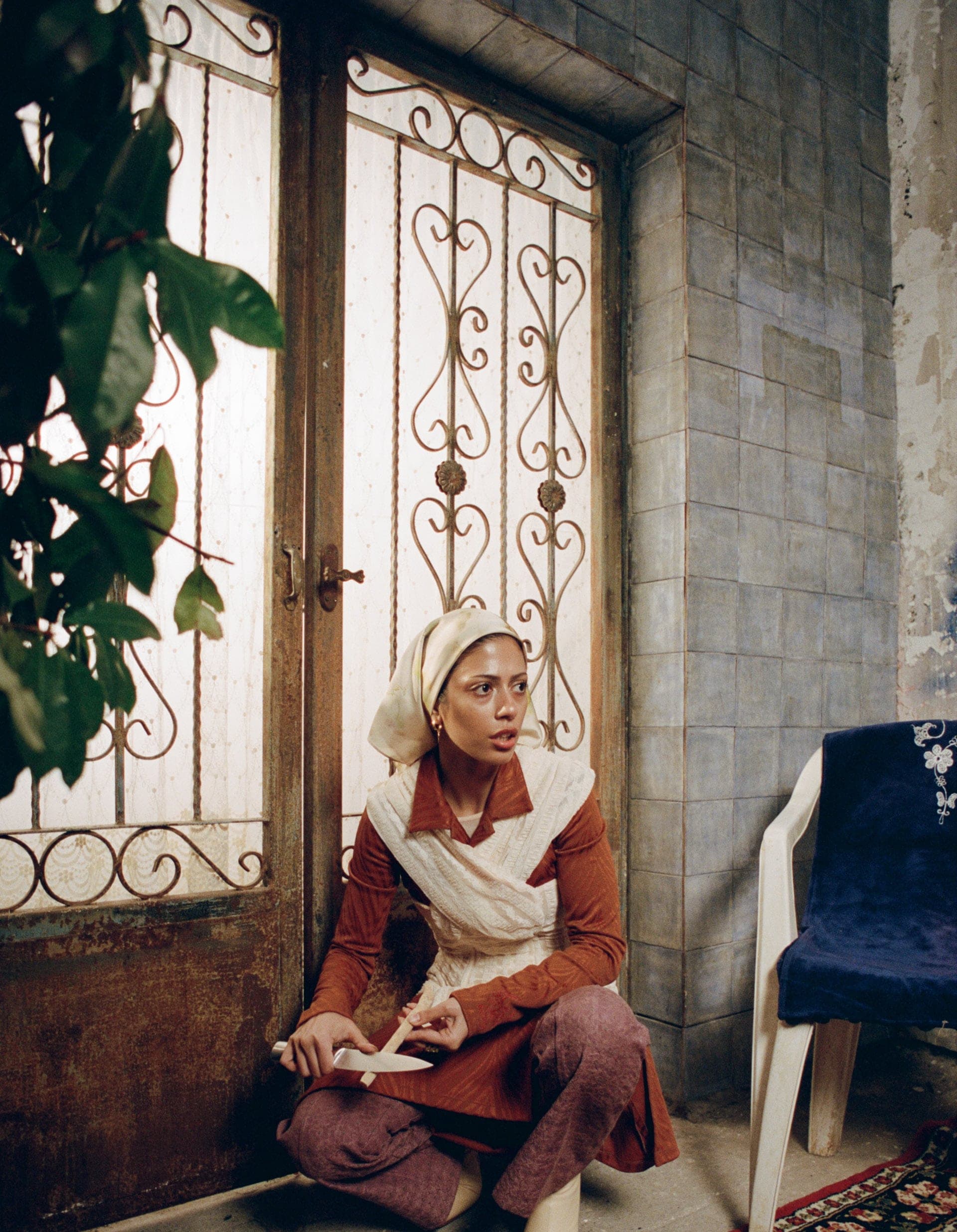
And so how does that translate into your upcoming EP?
I put a lot into that EP. There were so many emotions that I was too scared to even speak. There’s so much colour that I’ve never radiated before. The best example is that everyone says ‘you sing so much in your covers, and you showcase your voice so well, but then in your EP it’s so gentle and reserved and you’re not jumping and doing all of this Beyoncé type stuff’. That’s because I think it’s important that you guys hear the lyrics… I’ll sing later, we have time, I’ve got a whole career for me to sing. Singing is easy, it comes naturally, but if I’m doing all of these octave jumps, you’re not going to be able to take in what I’m trying to say. It’s very important that I say this now in the clearest way that I can so that I can sing later.
What are you exploring with your new EP?
A little bit more pop, definitely a little bit more upbeat, a little more soul. I think I got a bit more sassier, that’s the funny part after the EP with the stuff that’s going to come out later. I think it definitely feels a little less naive and insecure.
What’s your barometer for success as an artist?
Making sure that you do everything at 100%. My dad always told me to “never trust someone who can do seven things, because it means that they’re only able to give a certain percentage to each. Instead, find someone who’s an expert at 1 – 3 things and trust them with your heart.”
Eleven achers is available to stream now.
